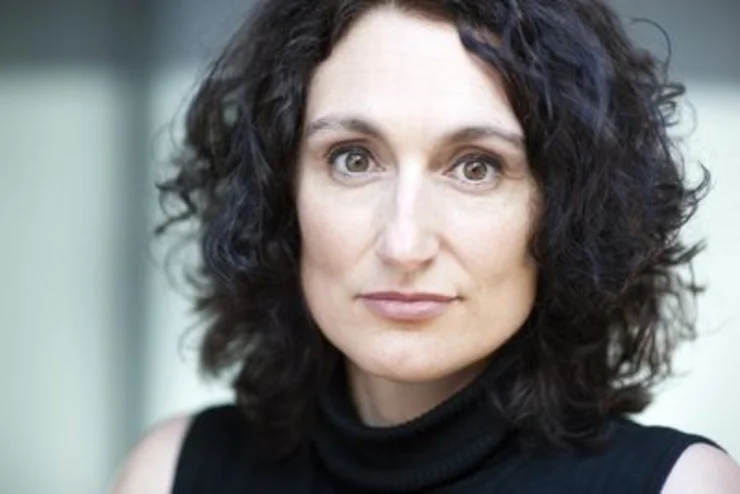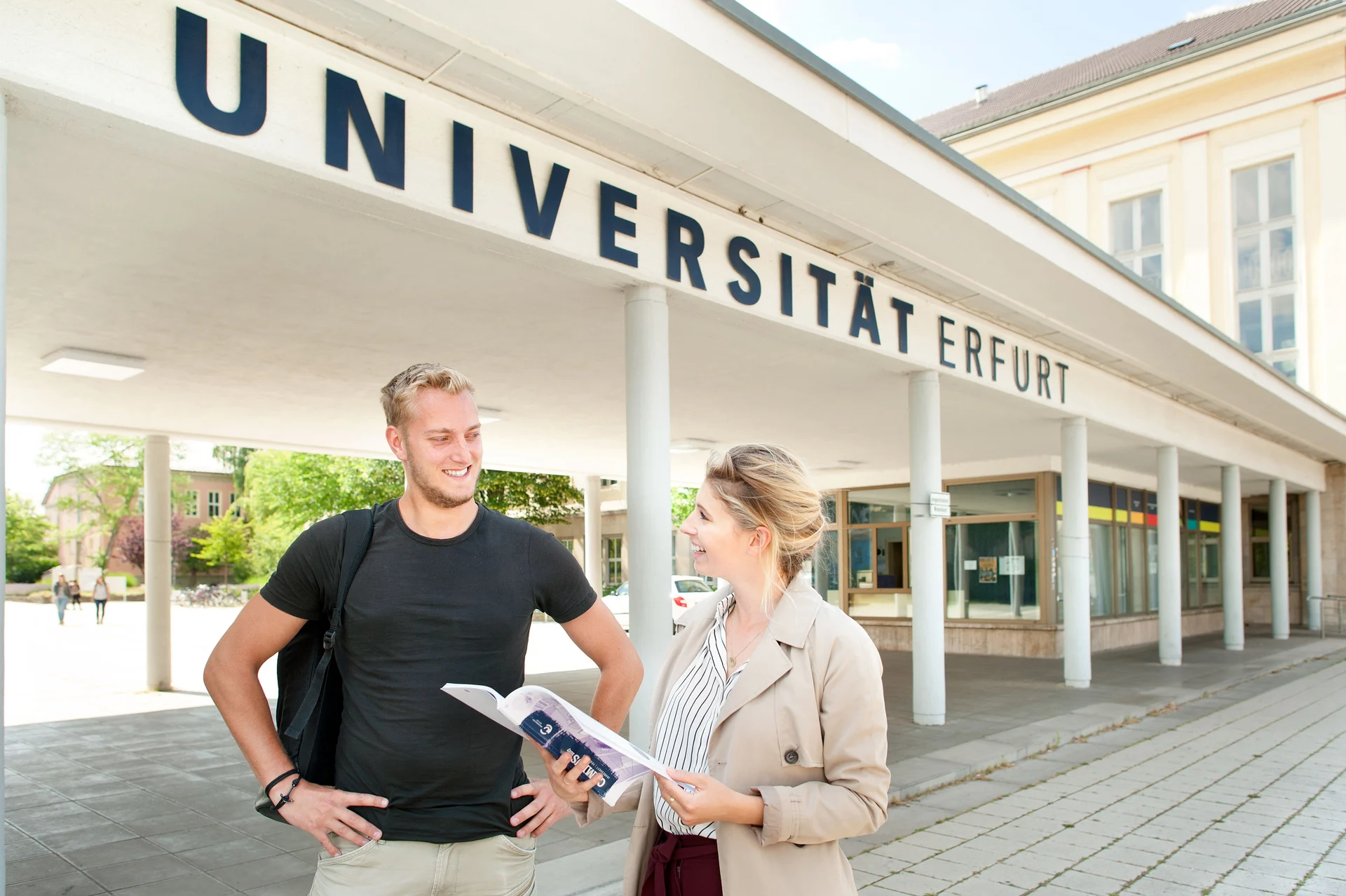But there are still countless stories on campus that want to be told...
And we want to continue telling them, of course. Just in one form. To stay with the metaphor: to lure the fish to the hook more than before. With the relaunch of our website in 2020, we created the best conditions for this: since then, we have been able to display our news and press releases, as well as the University's events, on our homepage without any detours. We were thus able to transform our former news blog "WortMelder" into a research blog, where we have been able to present research results and publications, introduce researcher personalities and interesting research projects - and do so in a daily update and in the length that it takes to tell all these wonderful stories. And guest contributions on topical issues, e.g. in "Nachgefragt", are now also possible in a more uncomplicated way.
With the relaunch of the website, we have also completely revised our campus blog "I like my university". It, too, has become more contemporary and simply more stylish, technically up to date and much more flexible. Here we tell stories about studying, about what our students do when they're not sitting in the lecture hall, where they get involved, what experiences they have during their semester abroad, and so on. A completely different target group than the "WortMelder", but also very exciting insights into the University of Erfurt and the people who make it up.
In addition, we want to open a whole new chapter in university communication: we are planning a podcast to add an audio format to our central research blog. Preparations are in full swing, we are excited and looking forward to once again breaking new ground in university communication at the University of Erfurt and perhaps reaching a new audience.
Does this mean that there will no longer be a booklet to leaf through?
Yes, but one whose life time will be much longer and which will therefore be "timelessly beautiful". The first successful launch was in the science year of the German Research Foundation (DFG) "Working Worlds of the Future", in which the University of Erfurt participated with a thematic booklet in which our researchers illuminated the central topic from their specialist perspective. The printed booklet was quickly sold out, but the digital version is still available and up to date. The Corona themed issue, which was produced in 2020 in cooperation with university communication, was a similar success. From our point of view, such a thematic issue is much more sustainable than the "CAMPUS" annual review.
And who decides on the topics for such an issue?
The university communication department will make several suggestions at the beginning of each year - of course, we are also happy to take into account suggestions that come to us from within the university. The Presidium and the Concilium Decanale should then jointly agree on one of the topics. It is important to us that the topic has social relevance and that as many academics as possible from the most diverse disciplines can contribute their respective perspectives. In this way, we not only show what is scientifically achieved here on campus every day, but also that we make an important contribution to social life with this work and, true to the motto on our website, "move the world together" or at least provide impulses for this.
How can researchers at the university get involved in this issue?
At the beginning of each year, we will announce the theme of our "Year of Science" at the university and ask for feedback on who would like to participate with which question. Once we have collected all the feedback, we will start thinking about the visual design. By the middle of the year, we will have collected all the contributions and put them into the magazine. Of course, there will then be another approval loop among all contributors. We then want to publish the magazine at the beginning of each winter semester - both in printed and digital form.
Has the theme for 2021 already been decided?
Yes, we want to dedicate ourselves to globalisation and thus also to "world relations". Many of the colleagues on campus can contribute something from their respective fields. Whether from the field of politics, education, communication, history, economics or theology, so many things are conceivable. This could be a wonderful booklet - provided, of course, that our researchers are involved. But the two thematic issues on the future of work and the Corona pandemic make me optimistic. Such an issue also offers young researchers a nice platform to present their research to a larger readership. We will soon be launching a call for papers, and I am very curious to see what kind of response we get...




